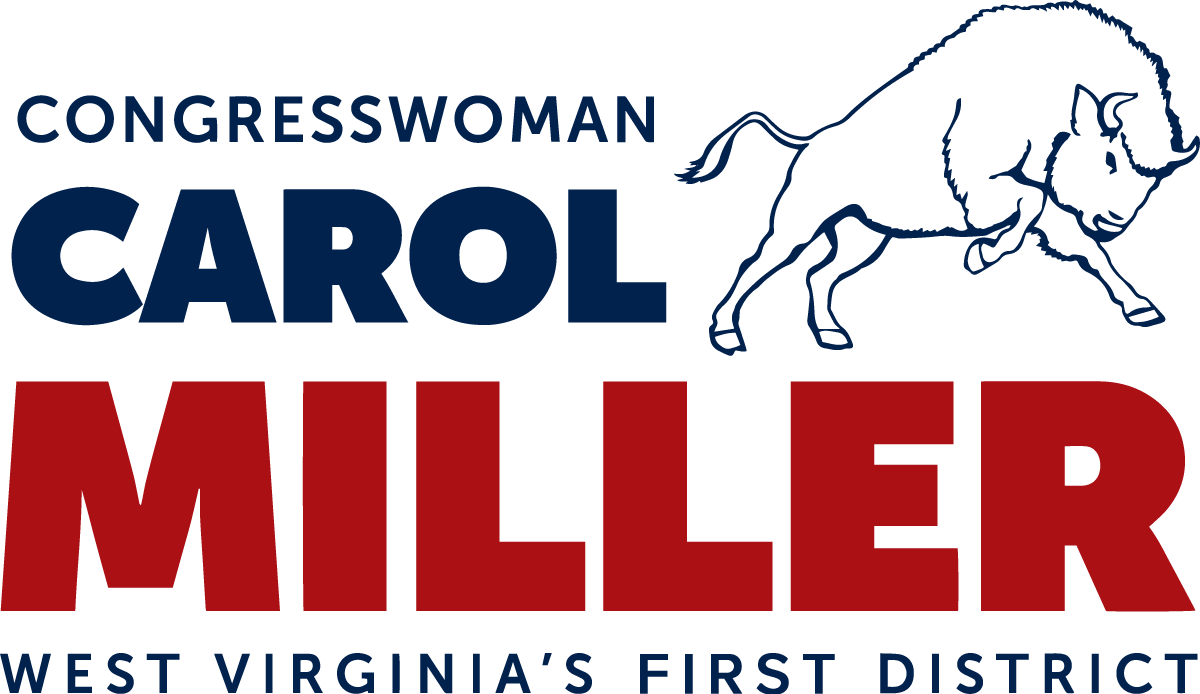Congresswoman Miller began by asking why the IRS failed to lower the 1099-K threshold to $600:
“The continued delay of the 1099-K threshold, and [the] announcement of a new threshold, is an illegal overreach that is not found anywhere in law. Unfortunately, this is just another step in a long string of illegal and questionably legal actions taken by the IRS and the Department of Treasury to either willfully ignore the change, or misinterpret the laws passed by Congress. Why was the IRS unable to implement the $600 1099-K threshold passed in the American Rescue [Plan]?” asked Congresswoman Miller.
“I believe the IRS commissioner has the authority to implement laws in a manner that ensures taxpayer rights. We’re implementing the law that was enacted by Congress but also abiding by another responsibility we have under the law and that is to protect taxpayer rights. In this situation, the outcome of delay or ramped implementation was strongly recommended by a diverse set of stakeholders across tax industry and commercial industry – from every direction we were hearing calls that there was risk,” responded Commissioner Werfel.
“Well, I can understand why! Given the now three-year extended delay, does the IRS believe it will ever be able to comply with this law?” continued Congresswoman Miller.
“We’re working with stakeholders to get it done [and] we are intending to begin implementation next year. We don’t want taxpayers overpaying their taxes. If we go forward with implementation without being able to adequately protect against that risk, then I’m not meeting my legal responsibilities as commissioner to help taxpayers and to help protect their rights,” said Commissioner Werfel.
“In November 2023, you announced plans for a threshold of $5,000 for 2024. Who specifically made the decision to set this new threshold?” asked Congresswoman Miller.
“That was a strong recommendation from the stakeholders we reached out to. The reason why there seemed to be consensus on $5,000 was because if you looked at the analysis and the model, $5,000 would ensure the most revenue would be impacted, while also protecting the most taxpayers from unnecessary paperwork and sending them things that they didn’t need… We have an authority under the code to administer laws consistent with taxpayer rights. This happens from time to time. Our goal and our objective are to implement the laws on day one” responded Commissioner Werfel.
“Congress writes the laws, you don’t,” replied Congresswoman Miller.
“There are a variety of examples throughout history where the IRS to protect taxpayers from undue burden or from potentially being overtaxed, where we have either delayed implementation or ramped implementation. This is not the first time and I’m not the first commissioner that has confronted this tension,” said Commissioner Werfel.
“Your actions are still illegal,” pressed Congresswoman Miller.
“It’s not illegal to take a step to protect taxpayer rights,” replied Commissioner Werfel.
Congresswoman Miller reminded the Commissioner that everything the government does is funded by U.S. taxpayers and credited the IRS for their processing of ERTC claims:
“Another concerning action the IRS has taken is the implementation of a so-called “Free File” program. You’ve got to be kidding me. Nothing is free. Everything the U.S. government does is funded by U.S. taxpayers, so nothing is ever free. I don’t think you should be wasting millions of dollars when private industry is doing a good job. I’d like to give credit where credit is due, I commend the IRS for their processing of ERTC claims. I understand that the system was devastated by fraud and abuse, which is why this committee, and the House recently passed the Tax Relief for American Families and Workers Act in an overwhelmingly bipartisan manner. I urge my Senate colleagues to similarly follow suit, so that the IRS can focus on credible ERTC claims, so good American small businesses can swiftly access the benefits promised to them by Congress,” concluded Congresswoman Miller.

